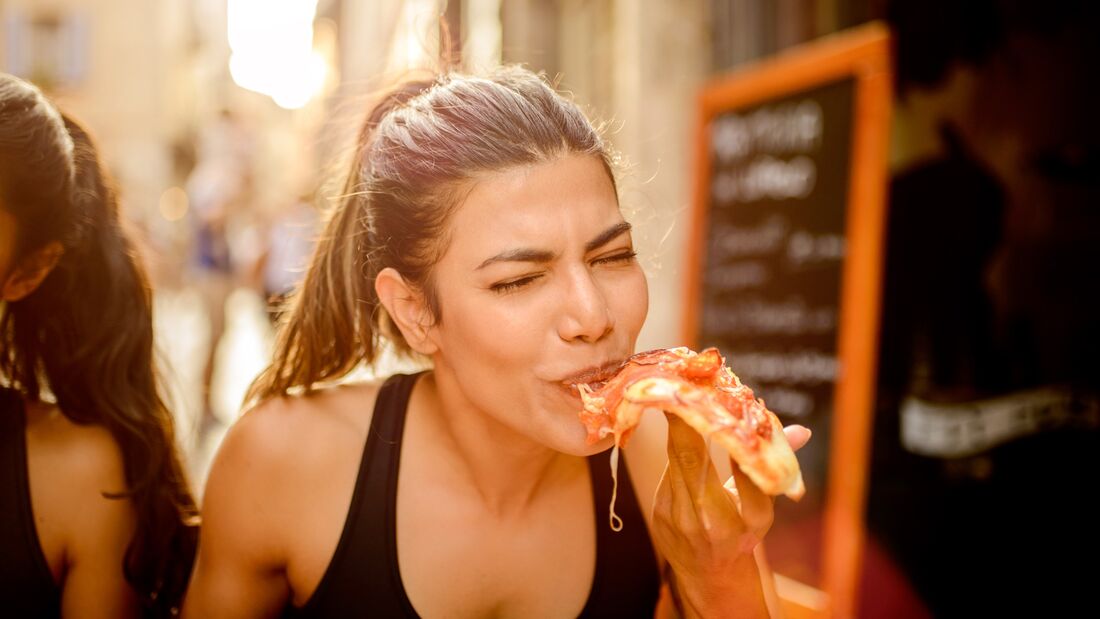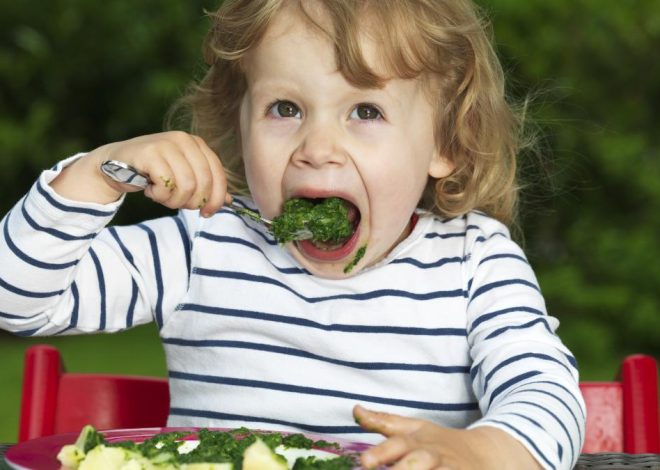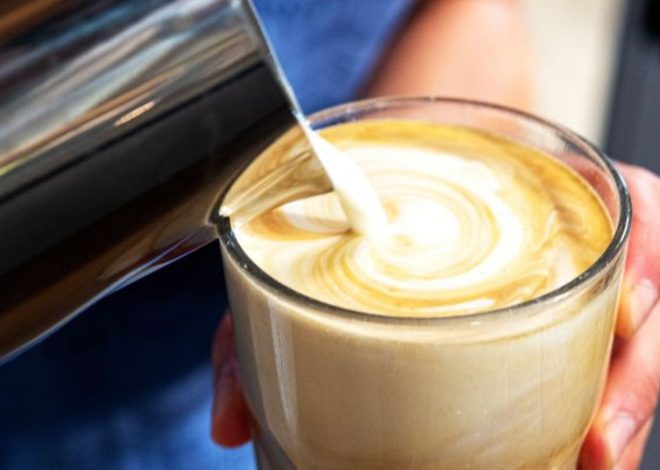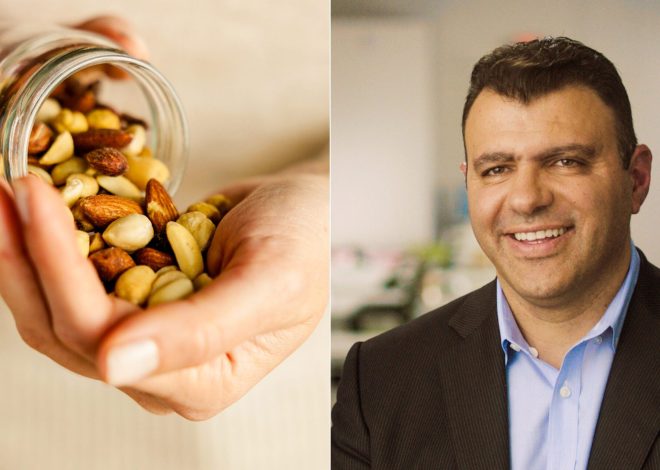
Food no-gos before jogging | RUNNER’S WORLD
The right food choices For most athletes, before running is like a balancing act. Not too much, but just enough so that you don’t literally run out of energy during training. Maybe your training partner can easily run a few kilometers after a portion of pasta, while you can’t eat more than a light yogurt. What exactly is most digestible varies from person to person. However, there are some typical nutritional mistakes that all runners should avoid.
What are typical nutritional mistakes before running?
First things first: It’s worth eating something before running and, above all, replenishing your glycogen stores (carbohydrate stores). Your body can perform significantly better with the right food choices. However, there are some food groups you should avoid. These include foods that are heavy on the stomach, that cause heartburn and discomfort when you move, that make you tired or not the necessary nutrients delivery. The quantity and digestion time also play a significant role. People often eat before training portions too large – assuming that the body needs a lot of energy for the training afterwards. Ultimately, however, you put more strain on your body because it takes longer to process the food. Below we’ll take a look at which foods put the most strain on your body.
Runner’s nutrition suitable for everyday use
What shouldn’t I eat or drink before jogging?
The following critical food groupswhich have the above characteristics, are not suitable for most people before jogging:
Greasy food before jogging is hard on the stomach
Greasy food usually tastes good. No wonder! Fat is a flavor carrier, but unfortunately it doesn’t carry you through training as a runner. The reason: processing fat costs the body a lot of energy and time, which is what happens when running extreme feeling of fullness can lead. Fat is not a bad thing. Unsaturated fatty acids in particular are extremely valuable for the body – just not before running. This slow digestion ensures the rest of the day long-lasting saturation. Therefore, allow at least two hours after a high-fat meal before you start running. You should generally only use foods with a high proportion of saturated fatty acids (the unhealthy ones) sparingly – but especially before training. This includes foods such as cheese, bacon, burgers and fries.
Spicy food causes heartburn
If you eat a spicy meal, your stomach will produce increased stomach acid. This isn’t a problem at first – as long as you don’t train straight away. The movement stimulates digestion and the entire organism, which means that gastric juice gets back into the esophagus more easily. Belching with its high proportion of stomach acid leads to an unpleasant feeling in the throat and even heartburn. Before the run, avoid anything that is heavily seasoned with chili, pepper and ginger. You should also keep your salt consumption low, as this can also cause the body to become acidic.
Sweets create a bitter ending
First of all, a little sugar before training doesn’t sound so bad – a little energy boost. Unfortunately, wine gums and the like do not provide you with the right energy. Instead he shoots blood sugar up and falls off again shortly afterwards, which then makes you feel dull and sluggish. Carbohydrates are good, but in a slightly more complex form. It is only advisable to consume sugar occasionally during extremely long periods of exercise, such as a marathon, in order to maintain energy stores. Energy gels are particularly suitable for this.
Energy gels in the test
Sweet drinks and fruit juices put a strain on the intestines
Sweet and fruity drinks also contain sugar, which provides energy but also puts unnecessary strain on the body. The fructose contained in fruit juice must be broken down in the intestines before the sugar can be converted into glucose, from which you get your energy. This can lead to diarrhea during the running session as the Intestines overwhelmed is.
Athletes should pay attention to this when it comes to mineral water
Whole grain products and legumes are ballast
Whole grain products and legumes are usually at the top of the menu for many athletes. And that’s just as well. Especially because they contain so much fiber. She stimulate digestion, provide proteins and keep you full for a long time. But that’s exactly what makes them a no-go before running. The high fiber content and stimulated digestion often cause problems when running Pain and gas formation in the stomach.
What should I eat before running instead?
Now you know all the no-go’s, let’s move on to the good alternatives. When it comes to energy suppliers easily digestible carbohydrates Of particular note. They replenish your glycogen stores and thus provide energy. For example, one or two slices of toast with honey or jam are suitable here. Alternatively, a small portion of porridge with honey and some peanut butter before running provides an optimal boost. You can supplement the whole thing with a banana, which can also be used on its own as a well-tolerated snack to combat small hunger immediately before training.
Bananas: Energy on the go
During an intense workout, you’ll probably sweat a lot. It is therefore all the more important that you do so beforehand Replenish the body’s fluid depots. Water is best suited for this. Alternatively, you can use homemade spritzers in a ratio of two parts water to one part apple juice. Ideally, use still water immediately before running. The carbon dioxide in mineral water can put a strain on your stomach and lead to a bloated stomach. This is particularly uncomfortable when running. The temperature also plays an important role in the tolerability of the drink: it is better to choose drinks that are at room temperature rather than ice-cold refreshment.
What else should I pay attention to before running?
It’s not just what you eat that matters, but also how much. This is where the balancing act comes into play again. If you have eaten too much, the subsequent running training can lead to acidification of the stomach and heartburn. The movement also puts strain on your entire digestive system, which can cause pain and cramps. Therefore, it is best to grab it small portions Easily digestible, carbohydrate-rich foods to optimally replenish your glycogen stores.
When to eat the right food before running is also crucial. The rule here is that the last major meal is at best two two to three hours before running to take. This gives your body enough time to utilize the energy provided. About 30 minutes before the run, only a small snack is suitable, such as a banana or dried fruit.
Carbohydrates as energy suppliers
Which foods should I avoid immediately after the run?
Have you followed our tips and come back from your run happy and without a grumbling stomach? Then you can now grab whatever the fridge has to offer, right? Not quite. What your body needs most now is complex carbohydrates and Proteinsto start regeneration straight away.
Be sure to eat regularly and in a balanced manner Food cravings after running avoid. If you come back from the run feeling very hungry, that’s a sign that you probably started running with your memory too empty. In addition, it is not advisable to go without food after running because you want to lose weight, for example. Your body needs a lot of nutrients, especially after intensive and/or long training sessions.
Tips for hunger after running
If you’ve been out for 30 to 45 minutes, a small snack is enough. Even after a long, strenuous run, some runners have to wait a little before completely replenishing their glycogen stores – because too large a portion immediately after running can overload the stomach and lead to nausea. Eat anyway a little something in the first half hour after the run like a piece of fruit or an energy bar or drink a smoothie. After showering and taking a short break, you should eat a main meal rich in carbohydrates and proteins. This is particularly important for people who go running on an empty stomach. Alcohol also has a particularly negative effect immediately after running. Be sure to first compensate for your fluid loss and nutrient requirements before toasting to a successful race.
Have breakfast or run on an empty stomach?
Conclusion: Eat before running – eat right
Starting your training with full energy stores is important, especially in order to achieve the maximum training effect. However, be careful about what you eat. This will help you avoid digestive problems and pain during exercise. Particularly Avoid spicy, fatty, very sweet or salty foods. You should prefer homemade spritzers to sweetened lemonades and fruit juices.
If you cut out the stressful food groups before running, nothing will stand in the way of a successful training session. So that you are productive, choose light foods that are not so heavy on your stomach but still give you the necessary energy and nutrients deliver, such as a portion of fruit, a slice of toast with honey or jam or some porridge.
This article may contain links to providers from whom RUNNER’S WORLD may receive a commission (so-called “affiliate links”). Further information here.

Ethel Purdy – Medical Blogger & Pharmacist
Bridging the world of wellness and science, Ethel Purdy is a professional voice in healthcare with a passion for sharing knowledge. At 36, she stands at the confluence of medical expertise and the written word, holding a pharmacy degree acquired under the rigorous education systems of Germany and Estonia.
Her pursuit of medicine was fueled by a desire to understand the intricacies of human health and to contribute to the community’s understanding of it. Transitioning seamlessly into the realm of blogging, Ethel has found a platform to demystify complex medical concepts for the everyday reader.
Ethel’s commitment to the world of medicine extends beyond her professional life into a personal commitment to health and wellness. Her hobbies reflect this dedication, often involving research on the latest medical advances, participating in wellness communities, and exploring the vast and varied dimensions of health.
Join Ethel as she distills her pharmaceutical knowledge into accessible wisdom, fostering an environment where science meets lifestyle and everyone is invited to learn. Whether you’re looking for insights into the latest health trends or trustworthy medical advice, Ethel’s blog is your gateway to the nexus of healthcare and daily living.



